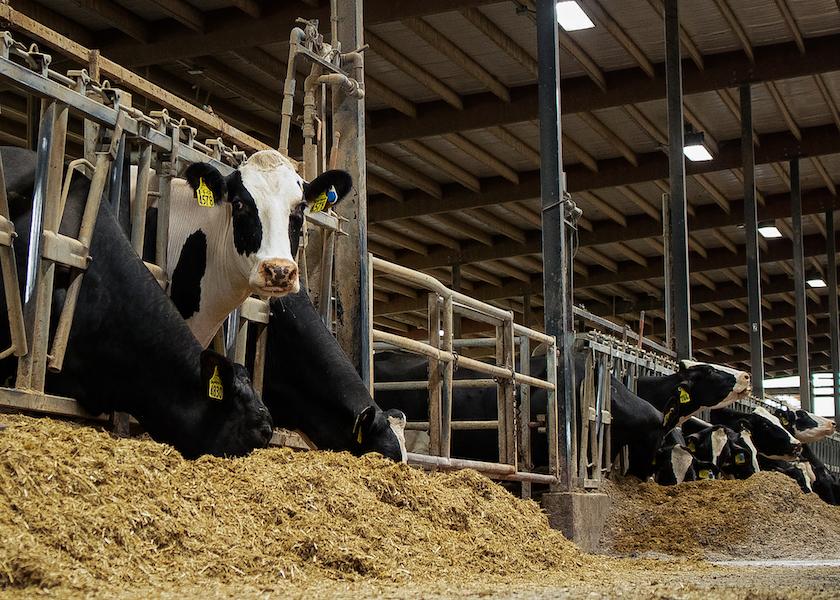
Helping Dairy Cattle Navigate Pain
Pain is a natural condition for all animals and humans. But when it comes to dairy cattle specifically, the intensity and duration of their pain can have significant influence on both their welfare and productivity.
Katherine Creutzinger, researcher at the University of Wisconsin-River Falls, presented an in-depth exploration of the topic of dairy cattle pain at the 2024 Western Canadian Dairy Seminar. She noted that pain can negatively affect dairy calf and cow welfare within the Three Circles of Animal Welfare model:
Health, injury, and disease – Actual or potential tissue damage.
Ability to perform natural behaviors – Eating, drinking, walking, standing, lying, ruminating.
Mental and emotional states – Unpleasant sensory or emotional experience.
One or more of these facets may be affected at the same time, depending on the source of the pain. Creutzinger also said pain is affected by both duration and intensity. “Negative effects of pain vary based on both factors, but pain has more negative impacts as one or both factors increases,” she explained.
For example, “udder engorgement can be uncomfortable but is quickly relieved by milking,” she noted. “Whereas broken tails, which are a result of broken ligaments and joint dislocation, may take months to heal causing more severe pain to cows.”
While some sources of pain – such as a foot injury or clinical mastitis – may be obvious, Creutzinger said other conditions, such as metritis, may produce less obvious pain. In either case, the affected animals need both therapeutic attention and pain management support.
Questions about this Article?:

Copyright © 2021-2025. All rights reserved
This website stores cookies on your computer. These cookies are used to collect information about how you interact with our website and allow us to remember you. We use this information in order to improve and customize your browsing experience and for analytics and metrics about our visitors on this website. To find out more about the cookies we use, see ourPrivacy Policy.